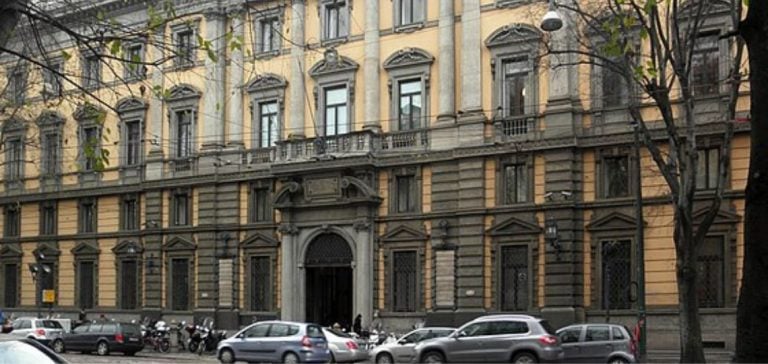Edison SpA, an established energy player in Italy, is expanding its portfolio by offering a fiber optic service to its residential customers.
This new strategy aims to respond to the growing competition brought about by the partial liberalization of energy markets, and to increase its market share in household services. The Italian market, marked by increased competition between suppliers, is driving companies to innovate.
The energy sector is undergoing a radical transformation, and its major players are exploring new segments to build customer loyalty.
In this context, Edison is introducing fiber optics to its existing electricity and gas offer, in order to provide a global solution for its 2.8 million customers.
This move enables Edison to position itself as a multi-service provider and exploit the growing demand for high-speed connectivity.
Competitive pricing to attract 10% of customers
With a view to growth, Edison aims to convert 10% of its current subscribers to fiber optics by 2028.
The service will start at 19.90 euros per month, well below the average monthly expenditure of Italian households for this type of service, estimated at 28 euros.
By focusing on below-market pricing, Edison aims to compete with the offerings of traditional telecom operators while strengthening its existing customer base.
This aggressive pricing is aimed at attracting customers already contracted with Edison for their energy needs, offering them a lower-cost alternative for their Internet services.
This strategy should increase customer loyalty and consolidate Edison’s position in a market where price pressure is intensifying.
Strategic partnerships with fiber operators
To roll out its fiber-optic services, Edison is relying on strategic partnerships with Open Fiber and Fastweb.
These two operators, already well-established in Italy’s telecoms sector, provide the infrastructure needed for Edison to guarantee high-quality fiber coverage to its subscribers.
This type of alliance enables Edison to capitalize on existing infrastructures, thus reducing network set-up costs while guaranteeing a competitive service offering.
What’s more, the use of fiber optics enables Edison to offer a high-performance solution to meet household expectations in terms of connection speed and reliability.
A changing market environment
Edison’s introduction of fiber optics comes at a time of structural change in Italy’s energy and telecommunications markets.
The partial liberalization of the energy market, which has removed certain regulatory barriers, has intensified competition, forcing incumbent suppliers to innovate in order to maintain and extend their market share.
This diversification into fiber optics represents a strategic shift that meets a dual demand: that of a changing energy market, and that of a fiercely competitive telecommunications market.
Other energy suppliers, such as Enel SpA, have already adopted similar strategies, which places Edison in a position where differentiation means broadening its range of services.
Future prospects for Edison
In the short term, Edison’s aim is to strengthen its customer base by offering fiber optic services at attractive prices.
In the longer term, this diversification could position Edison as a key player not only in energy, but also in digital household services.
The ability to integrate different types of services under a single brand could prove decisive in a market where loyalty has become a major issue.
Edison’s strategy is not without risk, given the competitiveness of the telecommunications market.
However, by combining a fiber optic offering with its energy services, Edison hopes to capitalize on its existing customer relationships to create synergies between these two sectors and thus maximize its growth potential.






















